Peter Murrell: former SNP boss at centre of police funding probe
Nicola Sturgeon’s husband arrested in connection with investigation into SNP finances
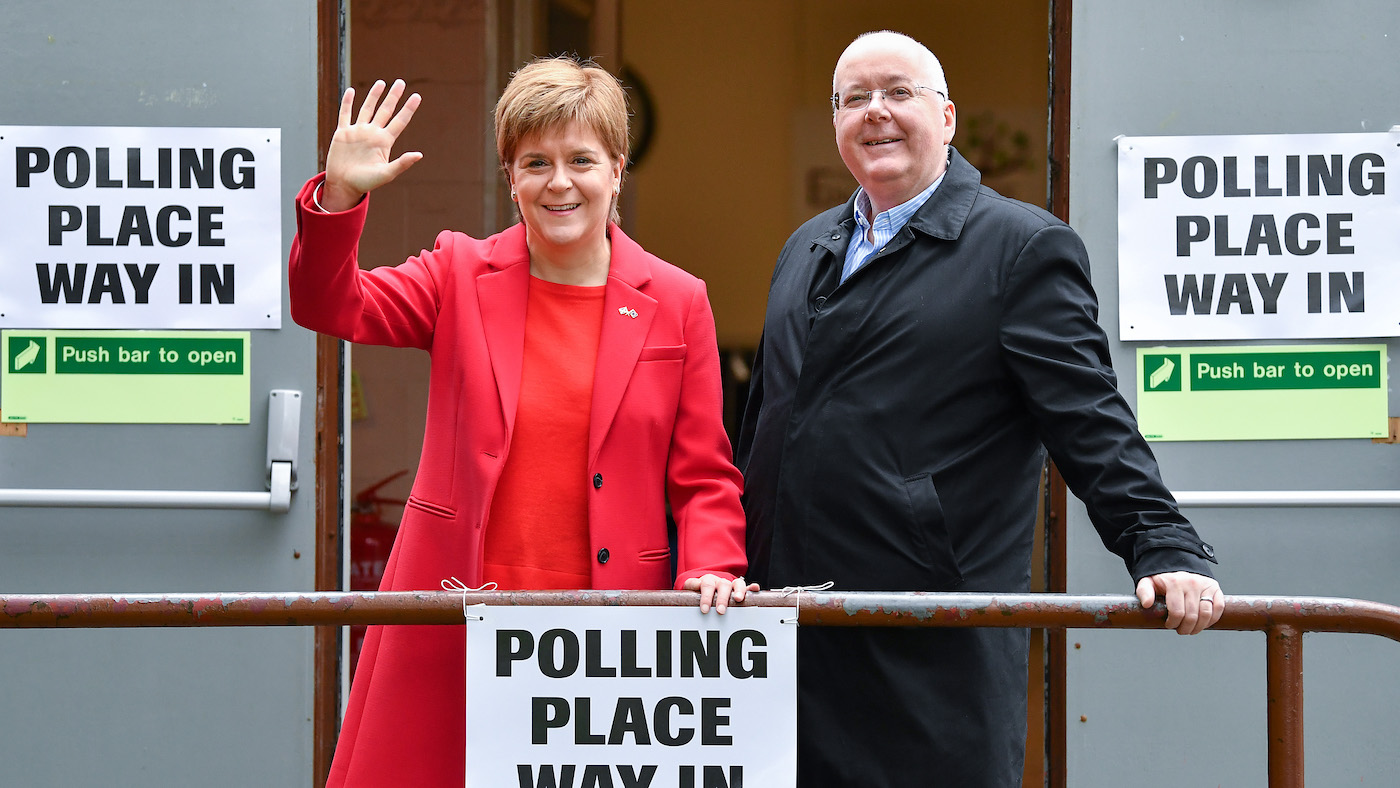
A free daily email with the biggest news stories of the day – and the best features from TheWeek.com
You are now subscribed
Your newsletter sign-up was successful
Scottish First Minister Humza Yousaf said it had been a “difficult day” for the Scottish National Party after its former chief executive Peter Murrell was arrested in connection with an investigation into the party’s finances.
Murrell, who served as the party’s chief executive from 1999 until resigning last month, is the husband of Nicola Sturgeon, the former first minister who stood down in March.
He was arrested and held for questioning over the probe into the SNP finances. “Officers are investigating claims that £600,000 of donations given in 2017 to support the campaign for a second independence referendum were used for other purposes," said The Times.
The Week
Escape your echo chamber. Get the facts behind the news, plus analysis from multiple perspectives.

Sign up for The Week's Free Newsletters
From our morning news briefing to a weekly Good News Newsletter, get the best of The Week delivered directly to your inbox.
From our morning news briefing to a weekly Good News Newsletter, get the best of The Week delivered directly to your inbox.
After being questioned for 11 hours, Murrell was “released without charge pending further investigation”, said The National. As well as his arrest, the police have conducted searches at the home Murrell shares with Sturgeon and the SNP headquarters in Edinburgh.
The arrest capped an “extraordinary two months” for Murrell and Sturgeon, said Politico’s London Playbook. Sturgeon, “who once looked all-powerful, is no longer first minister, and we have all spent the day following the extraordinary footage from their Glasgow home, suddenly transformed into a crime investigation scene”, the newsletter added.
Who is Peter Murrell?
Born in 1964 in Edinburgh, Murrell attended school in the city before studying at the University of Glasgow. He “worked his way through the ranks in politics”, including a stint in the office of Alex Salmond, Sturgeon’s predecessor as first minister as SNP leader, said The Sun.
He became known as “the ultimate backroom operator” during his time as chief executive of the SNP, said The Times, a role he took over from Michael Russell in 1999. Murrell was a “key part of the nationalists’ election-winning machine” and was viewed as a “respected organiser who professionalised and modernised the party”.
A free daily email with the biggest news stories of the day – and the best features from TheWeek.com
He’s “partly credited with the success at the 2007 elections”, said The Sun, but he’s always “tried to keep a low profile”, added The Times.
Murrell first met Sturgeon while “she was still a teenager during an SNP youth weekend in Aberdeenshire” in 1988, said The Express, but the pair didn’t become a couple until 15 years later in 2003.
They married in 2010 in Glasgow while Sturgeon was deputy first minister. When she became first minister in 2014 and her public profile grew, she said that Murrell was not the type of man to “feel threatened” by it and that he is “very self-assured”, said the BBC.
It clearly suited Murrell to “be in the background”, the BBC added, but he found himself at the centre of controversy after Alex Salmond was cleared of sexual assault charges in 2020. The MP Kenny MacAskill called for an investigation after being tipped off that Murrell had sent messages calling “for the police to be put under pressure over the Salmond case”, said The Times.
He was also accused by Conservative MSP Murdo Fraser of giving a “false statement” under oath to a Holyrood committee about the Scottish government’s handling of the Salmond case. Murrell “absolutely refuted” the claim he lied.
Why did Murrell resign from the SNP?
Murrell’s role as chief executive came under intense scrutiny after Sturgeon indicated she would resign and a leadership election was triggered. One of the candidates, Ash Regan, said it was a “clear conflict of interest” to have the outgoing first minister’s husband run the election for a new leader, but did not go as far as to explicitly say he should stand down.
It was a “row over the party’s membership numbers and transparency” that led him to resign on 18 March, said The Herald. Despite remaining “the largest and most dominant political force in Scotland”, according to the paper, the SNP’s membership slipped from 125,000 in 2018 to 72,186 current members who could vote in the leadership election.
It was a “point of pride” for Murrell that membership had increased under his tenure as chief executive, said the BBC. His press office also denied a report in the Sunday Mail that membership had dropped by 30,000, calling the report “not just flat wrong… wrong by about 30,000”.
After succumbing to pressure to make membership figures public, it was revealed the number had dropped by over 30,000 since they were last publicised as 104,000 in 2021, “vindicating the newspaper”, The Times said.
Murrell said the “responsibility for the SNP’s responses to media queries about our membership number lies with me as chief executive” and offered his immediate resignation, but said there was “no intent to mislead”.
Richard Windsor is a freelance writer for The Week Digital. He began his journalism career writing about politics and sport while studying at the University of Southampton. He then worked across various football publications before specialising in cycling for almost nine years, covering major races including the Tour de France and interviewing some of the sport’s top riders. He led Cycling Weekly’s digital platforms as editor for seven of those years, helping to transform the publication into the UK’s largest cycling website. He now works as a freelance writer, editor and consultant.
-
 What to know before filing your own taxes for the first time
What to know before filing your own taxes for the first timethe explainer Tackle this financial milestone with confidence
-
 The biggest box office flops of the 21st century
The biggest box office flops of the 21st centuryin depth Unnecessary remakes and turgid, expensive CGI-fests highlight this list of these most notorious box-office losers
-
 The 10 most infamous abductions in modern history
The 10 most infamous abductions in modern historyin depth The taking of Savannah Guthrie’s mother, Nancy, is the latest in a long string of high-profile kidnappings
-
 Taking the low road: why the SNP is still standing strong
Taking the low road: why the SNP is still standing strongTalking Point Party is on track for a fifth consecutive victory in May’s Holyrood election, despite controversies and plummeting support
-
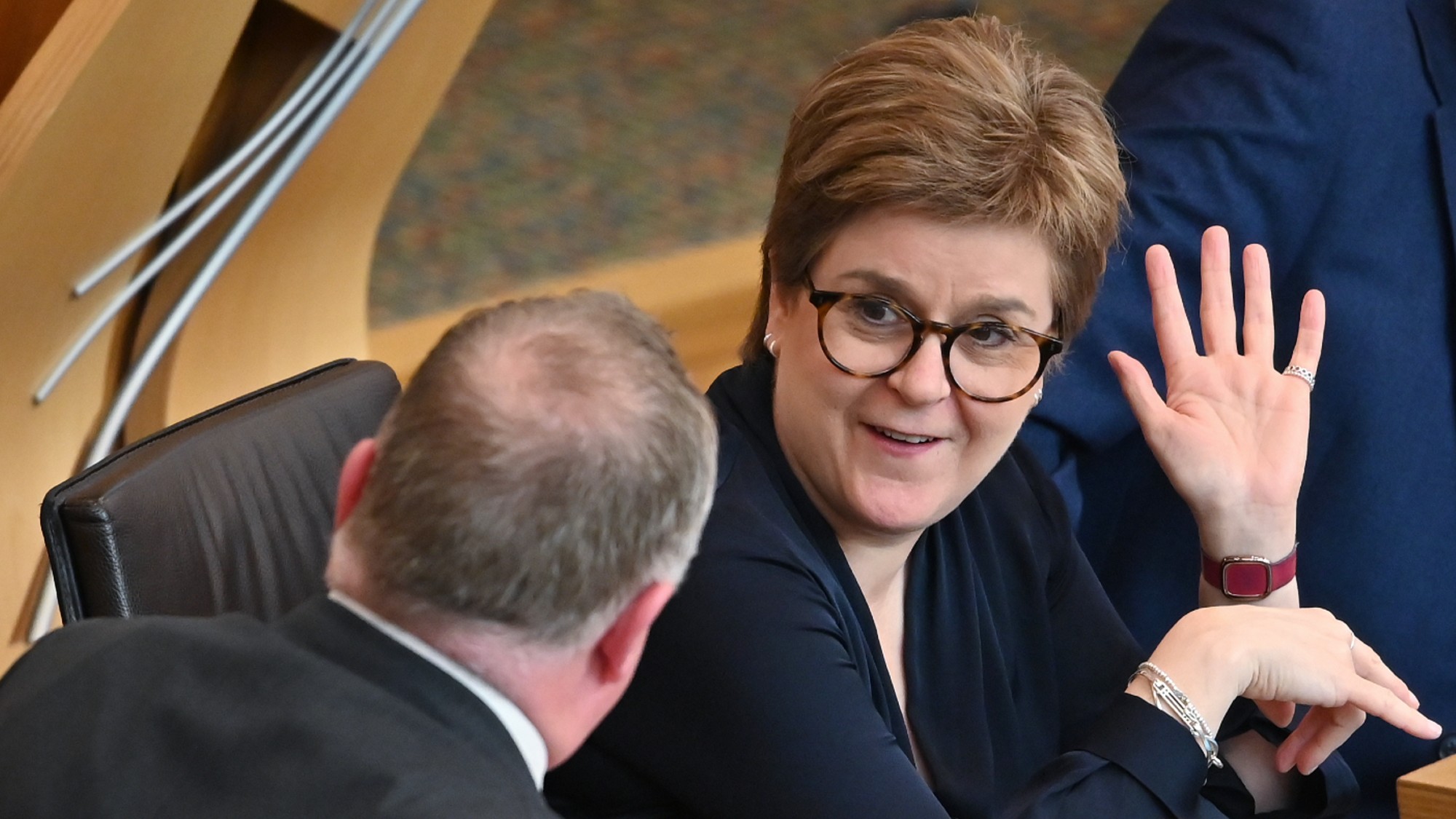 Nicola Sturgeon's memoir: making the personal political
Nicola Sturgeon's memoir: making the personal politicalTalking Point Former Scottish first minister attempts to set record straight in 'Frankly' but does she leave more questions than answers?
-
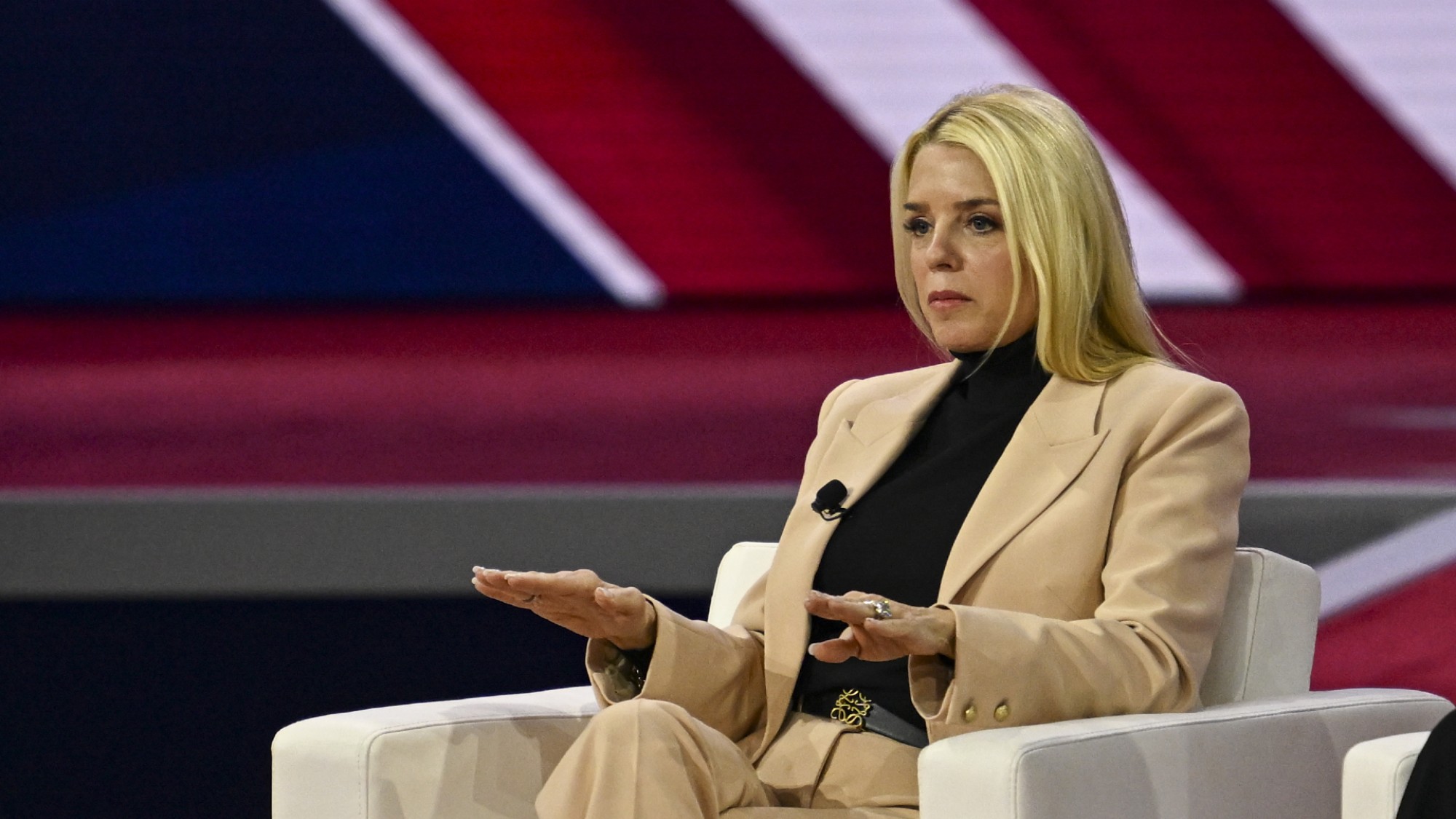 Pam Bondi, Donald Trump's second pick for AG, has a long history with the president-elect
Pam Bondi, Donald Trump's second pick for AG, has a long history with the president-electIn the Spotlight Bondi was selected after Trump's first pick, Matt Gaetz, removed himself from contention
-
 Daniel Lurie: San Francisco's moderate next mayor
Daniel Lurie: San Francisco's moderate next mayorIn the Spotlight Lurie beat a fellow Democrat, incumbent Mayor London Breed, for the job
-
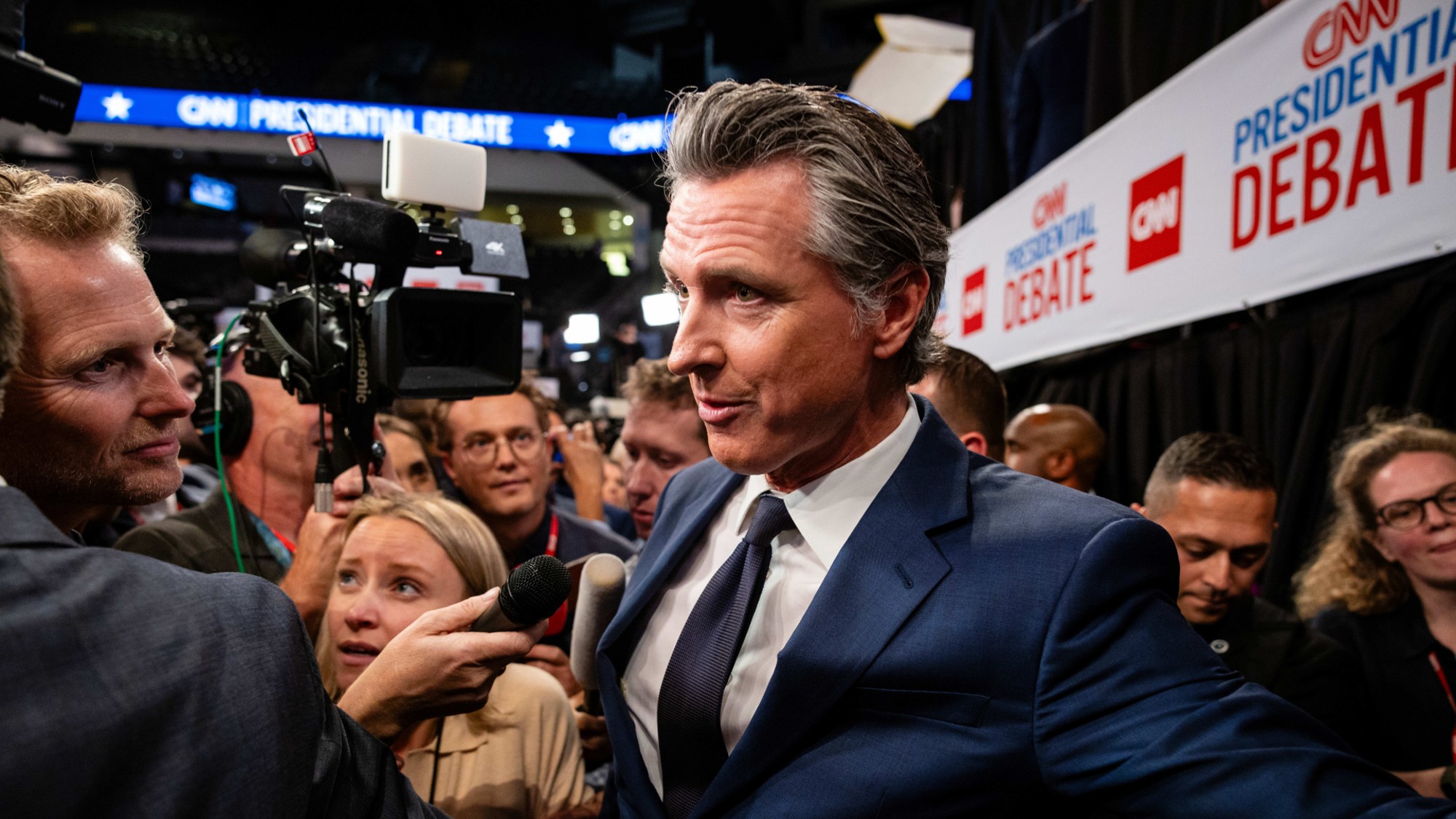 Gavin Newsom, the California governor who could hit the national stage
Gavin Newsom, the California governor who could hit the national stageIn the Spotlight Newsom's name has been floated as a presidential candidate for 2028 — or maybe before then
-
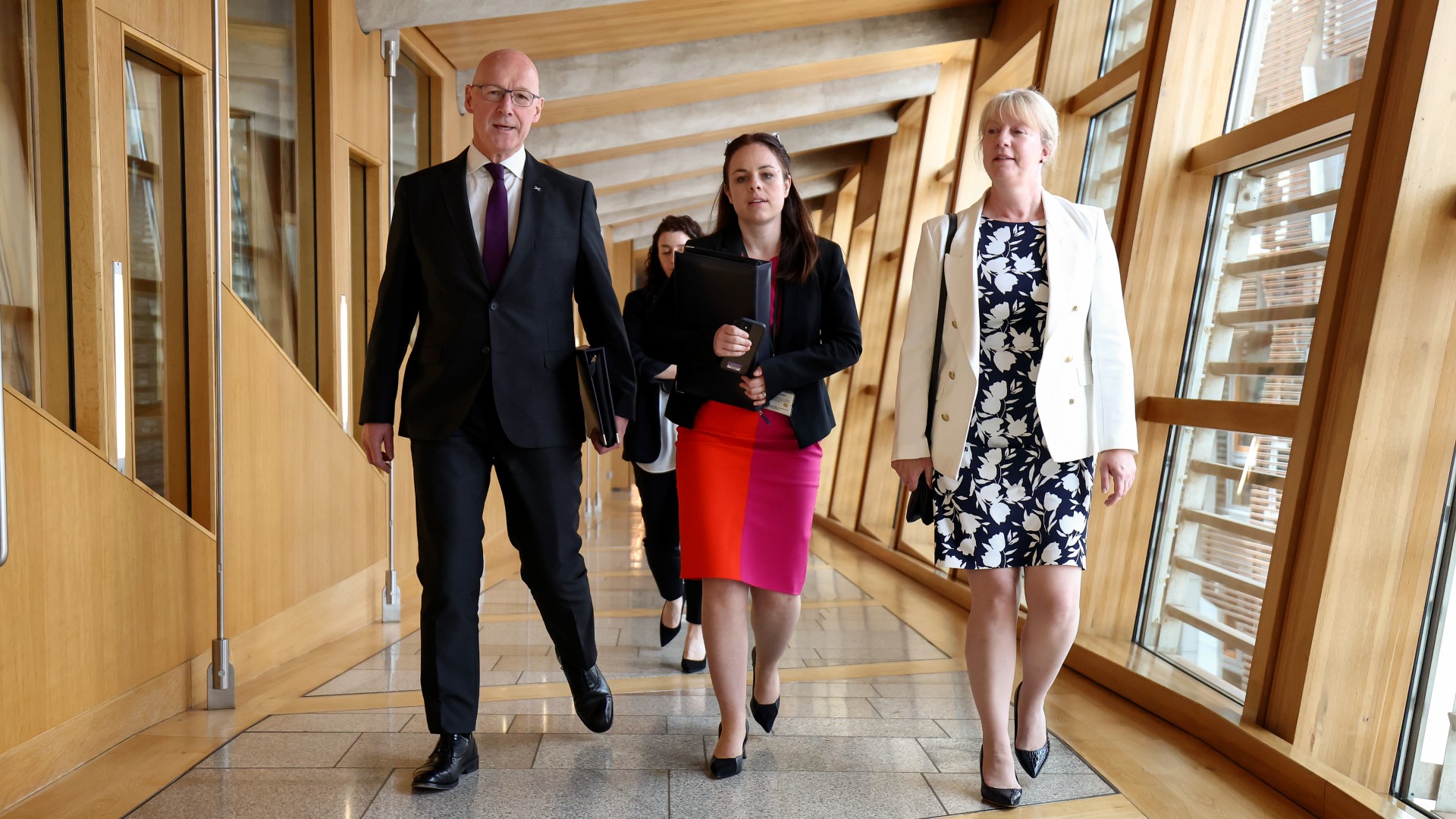 The SNP: a lacklustre manifesto?
The SNP: a lacklustre manifesto?Talking Point Voters 'getting weary' of familiar fare from Scottish National Party
-
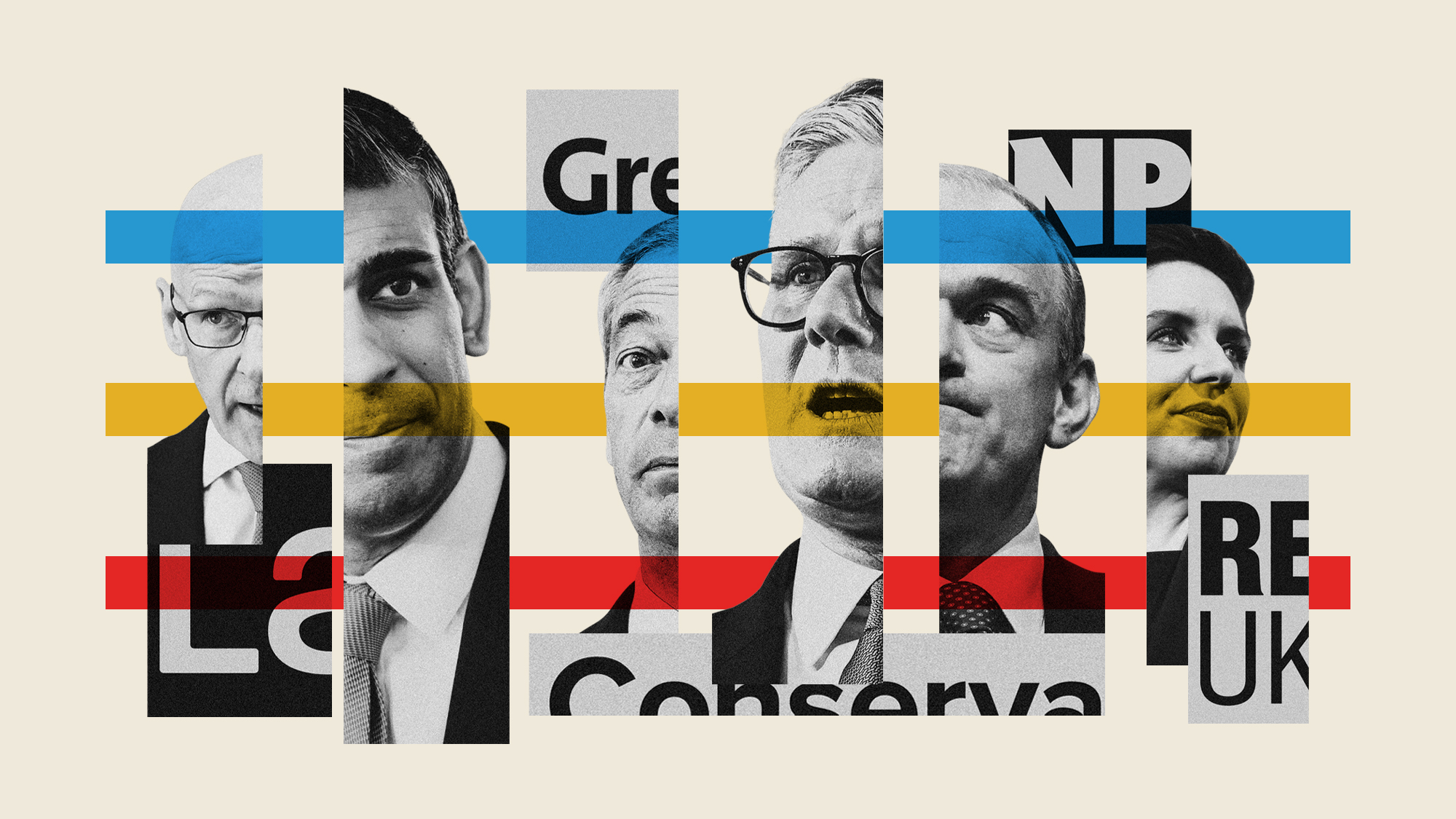 General election manifestos: how the main parties compare
General election manifestos: how the main parties compareIn depth Labour and the Tories 'leave voters guessing over policy on tax and spending'
-
 Who will win the battle to become Westminster's 'third party'?
Who will win the battle to become Westminster's 'third party'?Today's Big Question YouGov modelling suggests the Liberal Democrats will win many more than the 11 seats they managed in 2019